As Common Ground considers how best to navigate the issues raised by one to one computing and 24-7 internet access, we wanted to hear our students’ point of view. We thought you might appreciate their balanced opinions and creative solutions, as well.
Students see clear advantages and disadvantages of filtering high-traffic web sites like YouTube …
“I would love unfiltered Internet. I know that’s not really in the realm of reality right now. It would be a great way to teach the people at our school – the school that promotes responsibility and leadership – to stay on task and not keep staring at YouTube.”
“The Internet has to be filtered because for some content, you have to be ‘of age’. Everything being used here is video games, music – that stuff should be for at home. Whenever you go off task, that impacts your education. For example, before when I was a freshman or a sophomore, I didn’t really care. But now, I need to get my stuff together, for grades and stuff. Just because you can do it, doesn’t mean it’s right. If I’m doing an assignment, just because I can play games, doesn’t mean I should, because I have a job I need to do. I do not feel kids are mature enough.”
“I find I use YouTube quite often in class, especially for AP Language & Composition for viewing different commercials to decipher them. And in language classes, to learn a few songs to learn what we’re studying about, and also I use it to go learn more about the topics, specifically for learning more about what we’re talking about in class. For me, if CGHS blocked YouTube, it would be harder, because I do use YouTube on occasion to learn, however I would be able to postpone that work until I got home and could use my home computer. It wouldn’t really affect in-class usage, unless the students would need to specifically go to a YouTube link for an assignment.”
“I personally learn in different ways, and I can not expect the teacher to always teach in that way. I have been told many times by many teachers to look up visuals and listen to other teachers that have uploaded videos. I know that I am not the only one who is like that. Would it be fair if someone else has another computer at home to view YouTube and can get an understanding of material, but because I am less fortunate I have to struggle?”
…. And they have some novel suggestions for promoting free and responsible use of the internet in a school environment.
“Students who use YouTube for non-educational purposes should have that amount of time added to their 15-hour community service requirement. For violating the trust given by our school’s community, those students would have to pay it back to the surrounding community. Creating a positive benefit out of a negative violation is appropriate because students will be aware of the consequences before they watch videos. In the past, students were apathetic because they knew that all they will receive is a stern talk from their teacher and possibly a lunch detention. With the additional community service hours, students will realize that the time they spend watching non-educational videos will lead to more time working outside of school to compensate. If that thought does not convince them, they might also consider the consequence of not being able to graduate for not fulfilling that requirement. Some may not care about a few extra community service hours, but they will care about the risk of not graduating.”
“A few people say inappropriate internet use needs to come to a need, so the whole YouTube access needs to be shut down completely. Most people, though, say there are other ways to come to a solution to this problem. One way is giving students a certain amount of points or tickets to cash in to gain access to YouTube. This will decrease the amount of internet connections, saving bandwidth for other purposes. It will also help teach students to be responsible for their internet use.”
“Common Ground is so eager to stick to “the mission of our school” when finding a solution. The Common Ground Mission “Common Ground cultivates habits of healthy living and sustainable environmental practice among a diverse community of children, young people, and adults”. One of the words that sticks out to me is “…community…” and as a student of 3 years I know that it is the base of Common Ground . How can we be a community if their is not any trust? In order to act as a “community,” we can have fundraiser to increase our internet capacity, so that YouTube doesn’t get in the way of educational internet use. Common Ground is known for being told that they can not do something and taking that and changing it. If we were to have a fundraiser it would not only make the students feel as though they can make a difference in their school environment but it would encourage them to change the environment at home.”
“My proposal would be this: A student can come into school at seven o’clock and watch youtube videos. By the time school officially starts, the network automatically take streaming to a usage of 2.4ghz, the lowest broadband current available to consumers. My proposal does not ban Youtube but also boosts the speed at which student can still work online. This alternative has worked in the real world so far. The internet network have two set of bands: 2.4 and 5 ghz. The 2.4 ghz is the lowest band at which data is sent and received. It is the opposite of 5ghz being the fastest and most used during the school day. If we used both the bands then the school can still be running the network to every system in the school without any problems.”

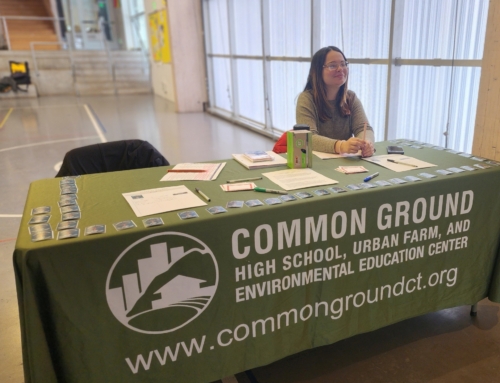
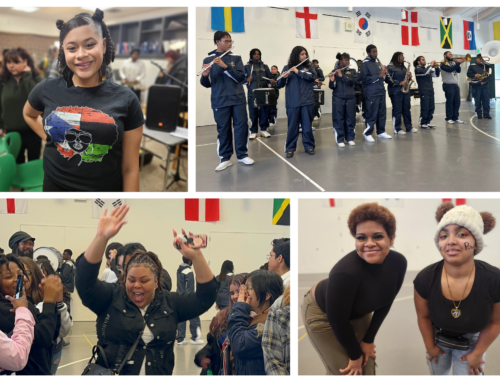
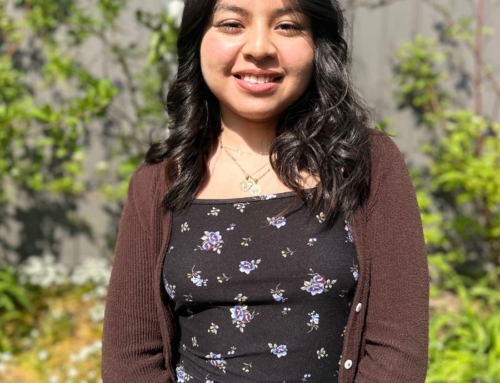
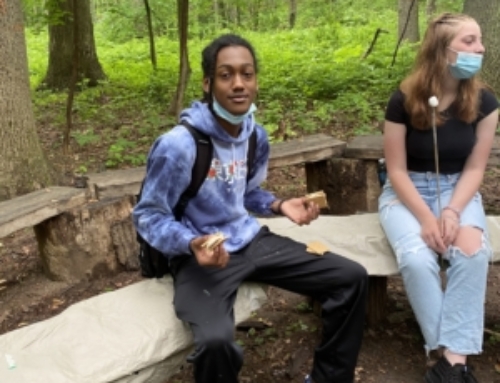
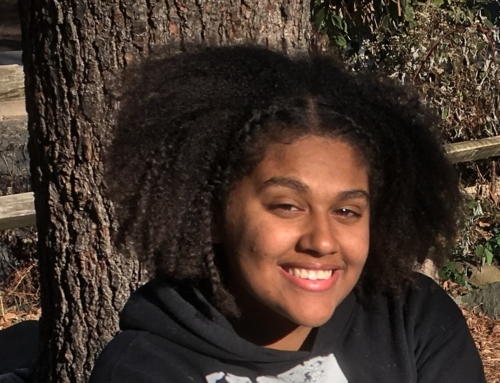
Leave A Comment